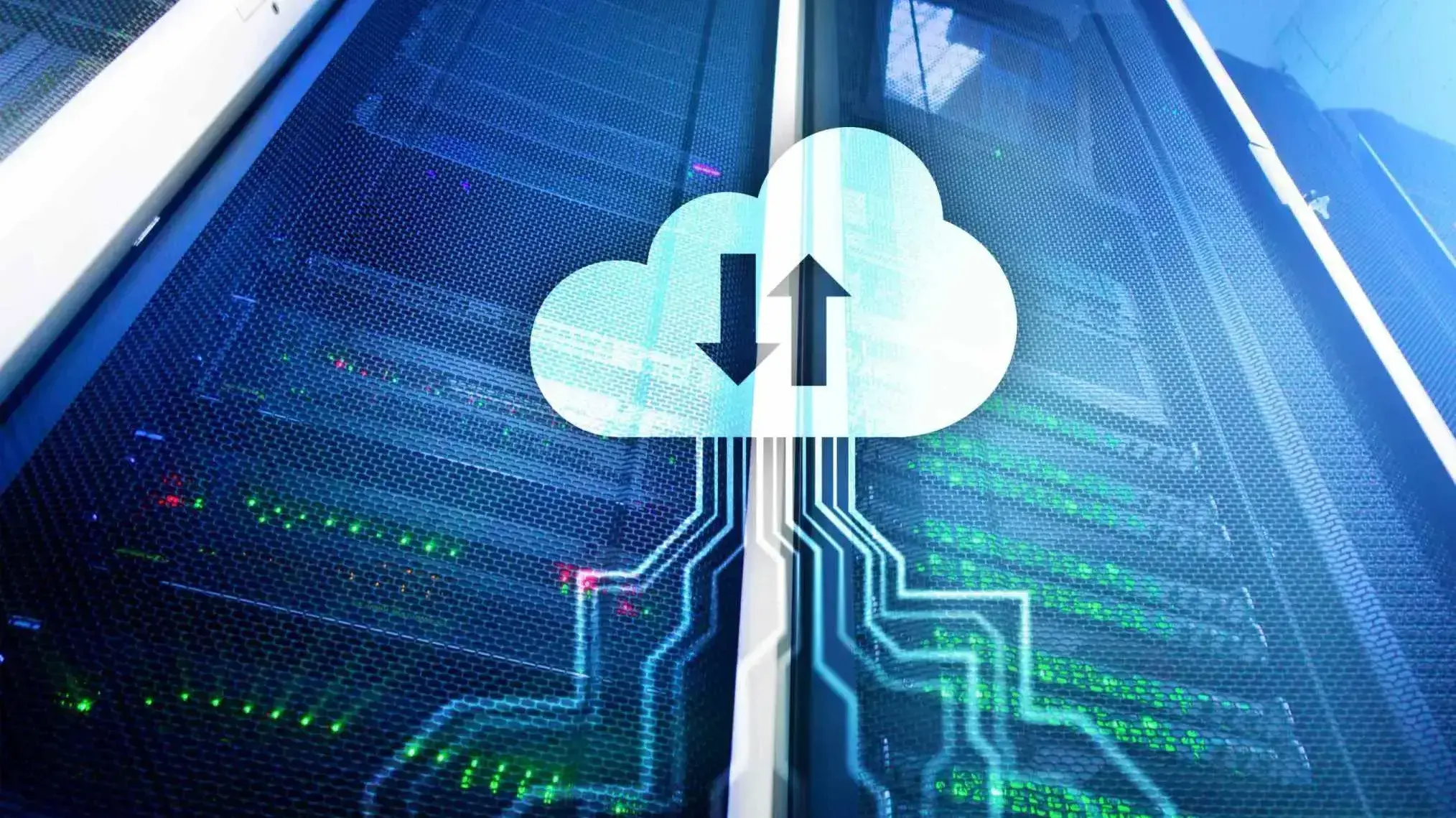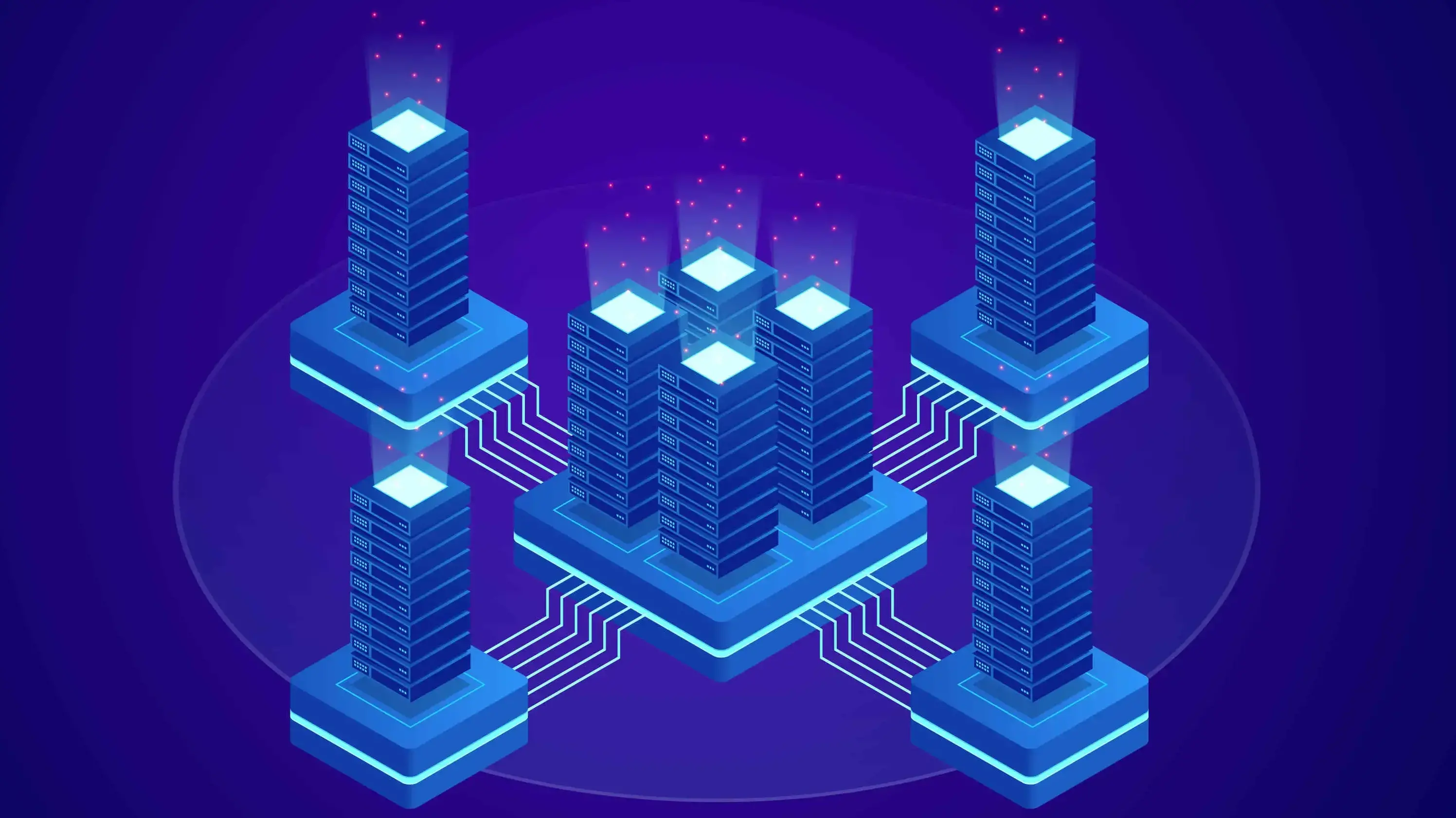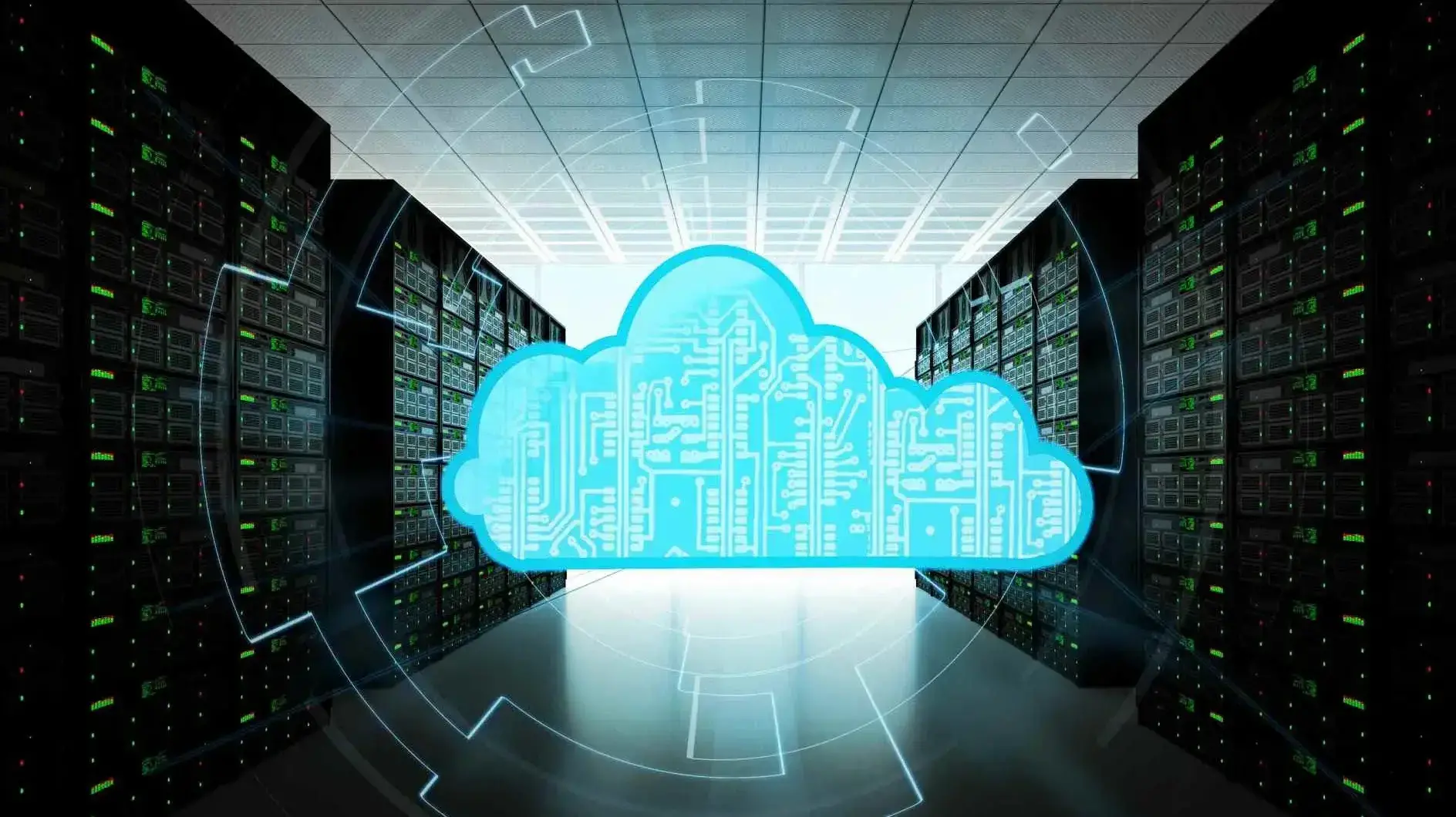Almost everyone in the current technology world is aware of the cloud. To be clear, a "cloud" is a type of virtual storage facility rather than a cloud in the sky. Let's look at data centers and the "cloud" as two distinct concepts before we discuss cloud data centers.
What is a Data Center?
A typical data center is a secure location with designated areas for storing computers or digital structures. Many servers are housed in a data center, which also has protocols for processing, storing, and sharing data among multiple businesses.
There are different types of data centers, which include enterprise data centers, edge data centers, colocation data centers, and so on. However, in this article, we will be focusing on one type, which is the cloud data center.
What is a Cloud Data Center?
The term "cloud" refers to a network of computer systems hosted on the internet; more simply, the cloud refers to the use of virtual servers rather than physical servers. Cloud data centers are part of a physical infrastructure built by an organization that we can employ without building one for ourselves. A cloud data center enables organizations and individuals to store, process, and manage little or colossal amounts of data and applications efficiently without having to own any physical infrastructure.
Cloud services have been in existence since the early 2000s, and they have changed the operation of data centers significantly. According to datacenters.com, there are several companies that provide cloud services and the top most impactful cloud providers are;
AWS
Vultr
Equinix
Zenlayer
Microsoft Azure
Control Plane
PhoenixNap
Google Cloud
Every company needs computer equipment to run its online applications, and as the scale and quantity of equipment required grows rapidly, it becomes increasingly difficult to manage vast amounts of equipment spread across multiple locations, which is why data centers are so crucial. Let's take a quick look at the advantages and disadvantages of cloud data centers.
Advantages and Disadvantages of cloud data centers
Advantages
Disadvantages
Advantages of cloud data centers

There are many advantages to a cloud data center, and they are;
Easy Set-Up
Depending on the requirements of the business, cloud data centers are simple to set up and employ. They offer solutions to make it simple for businesses to start up quickly.
Cost Effective
This is especially advantageous to enterprises or businesses that choose a cloud data center because it is less expensive than a physical setup. More companies are beginning to migrate to cloud services because it eliminates capital expenses, which include - servers, networks, communication equipment, generators, and so on. Cloud services would only require operational expenses, which means you’ll only have to pay for the service depending on how long it's required, and you can turn off systems without any charge.
Reliability
Data centers can be relied upon based on how available they are, even during a disaster. In the case of downtime, there are methods put in place to ensure a quick recovery.
Security
Physical, network, and software-based security measures are established to protect sensitive data. System access controls prevent unauthorized access, and these measures include authentication, multifactor authentication, etc.
Flexibility
The flexibility of the future, adding resources over time without incurring any cost is one of the advantages of cloud data centers. Companies can scale resources without investing in infrastructure. There are varieties of deployment models to choose from, for example, there are public, private, or hybrid clouds, depending on need and requirements.
Back-Up
Individuals or organizations can protect physical data from destruction, such as fire, flooding, or other natural disasters. Storing backup copies of data in the cloud ensures that data is recovered when such an event occurs.
Disadvantages of cloud data centers
Ownership
The issue of data ownership in the cloud is complex; user owner rights cannot be ensured when data is stored on a cloud provider's infrastructure. Even though users are told that their data belongs to them, this does not always imply that the data is private. A user might be given full control of their data, depending on the data policies and how they classify data in the cloud. And for upgrade functionality, companies must rely on a third-party data center (cloud) in comparison to having their own data center to manage and improve capabilities.
Security Concerns
This can be advantageous and also disadvantageous. Cloud data centers, especially the public cloud, over which you have very little or no control, can raise security concerns. Also, different cloud service providers may achieve and maintain various degrees of data protection and security.
Limited Customization
Companies are unable to add customization to their systems to meet specific needs. Cloud data centers provide pre-configured hardware and software environments, which may limit the control and requirements of an organization.
Latency
Issues regarding latency may arise. Simply put, latency is the time it takes for data to travel from the user's device to the cloud data center. This may not be noticeable, however, engaging with applications such as gaming or video conferencing exposes latency issues, resulting in a poor user experience.
What types of cloud data centers are there?
The three types of cloud or deployment models are:
1. Public Cloud
Public cloud centers are accessible to anyone, and to use this service, you only pay for the resources depending on how long you need them. This type of model is controlled by the cloud service provider, you may know the region where the infrastructure is located, but you’ll be unable to access it or control what happens with your data. Examples of public cloud include; Blue cloud and Sun cloud(IBM), Microsoft Azure, and AWS.
2. Private Cloud
Private cloud is operated by or for a single organization. This is a controlled type of cloud deployment where you know where the physical servers reside. Private cloud data centers can be managed by the organization or third party that may either be on premise or off-premise e.g. AWS, VMware, etc.
3. Hybrid Cloud
Certain information needs a certain environment, the hybrid cloud combines both public and private cloud functionalities. Companies may use a public cloud provider like Microsoft Azure to run their website or customer-facing application while using a private cloud for sensitive data and applications that require a high level of protection.
How to choose a cloud data center

There are several things to consider when choosing a cloud data center;
Performance
The performance requirements including the processing power of the data center, memory, and storage (data size) can determine if the cloud data center can meet the developing needs of your application.Security
Considering the security of cloud data centers is crucial for your data and application. It is considered wise to choose one that implements security measures such as; firewalls, encryption, etc to ensure that your data is protected at all costs and also complies with the industry standard.Cost
The cost of a cloud data center must be considered, e.g upfront cost, ongoing cost, licensing fee, storage fee, support fee, etc. As a result, you will be able to determine whether the cloud data center meets your cost requirements.Compliance
There are regulations and compliance requirements for data and applications, and considering a cloud data center that meets those requirements i.e. privacy regulation and security standards is of utmost importance.Support
Choose a cloud data center that provides support to ensure your applications run as smoothly as possible. This is why, as a user of cloud services, you should pay close attention to the contract you sign with your provider and be aware of the legal framework in which it operates.Reputation
The reputation of a cloud data center is crucial, as it determines whether the service is reliable.
Conclusion
For companies with limited resources, cloud computing offers flexibility and scalability at a very low cost. Equipment, technical know-how, and people skills are not required; all you need to do is hire a third-party provider with an infrastructure that can take care of the technical and physical aspects of the job.
Cloud services are used by a wide range of organizations, from companies like General Electric to online entertainment hubs like Netflix, Spotify, Pinterest, etc. All you need to do to get started with a cloud data center is make sure it meets your needs, whether personal or business.
Frequently Asked Questions
What is cloud web hosting?
Cloud web hosting is a type of web hosting that uses a network of servers to store your website’s data. This allows you to share server space with other organizations, and can help to balance loads, manage peaks in traffic, and maximize uptime.
How easy is it to switch from dedicated to cloud?
This depends on how complex your site is. As lots of websites on dedicated servers are highly customized, it could take longer to transfer everything over.
Will cloud hosted websites be backed up?
Yes, Verpex performs daily backups of all sites hosted.
How fast is your cloud hosting service?
We’re well known for the speed of our web hosting. Our team is constantly developing new features.

Jessica Agorye is a developer based in Lagos, Nigeria. A witty creative with a love for life, she is dedicated to sharing insights and inspiring others through her writing. With over 5 years of writing experience, she believes that content is king.
View all posts by Jessica Agorye




















